By Anders Fogh Rasmussen
Anders Fogh Rasmussen, a former NATO secretary-general (2009-14) and former prime minister of Denmark, is Founder of the Alliance of Democracies Foundation.
All eyes are rightly fixated on Russia’s war in Ukraine. But that is no excuse for ignoring another crisis that is brewing on Europe’s doorstep. Tensions between Armenia and Azerbaijan are rising again, raising the prospect of another war.
Last week, I visited the Lachin corridor, the only road linking the ethnic Armenian population of Nagorno-Karabakh with Armenia and the outside world. Since December, access to the corridor has been blocked by Azerbaijanis under the pretext of an environmental protest. This is clearly happening with the backing of the regime in Baku.
With the “protesters” blocking all civilian or commercial traffic into Nagorno-Karabakh, Amnesty International warns that some 120,000 ethnic Armenian residents are being deprived of essential goods and services, including life-saving medicines and health care.
Under the ceasefire agreement that ended the 2020 Nagorno-Karabakh War between Azerbaijan and Armenia, Azerbaijan pledged to ensure free movement along the road in both directions. Recognizing that Azerbaijan is violating its commitment by refusing to lift the blockade, the International Court of Justice (ICJ) issued an order on February 22 demanding that Azerbaijan take all steps necessary to do so. But a month has passed, and nothing has changed.
Although Russian peacekeeping forces stationed along the corridor are supposed to protect the route, they have failed to act. Unless Europe and the wider international community pressure Azerbaijan to lift the blockade, the current humanitarian crisis could become a humanitarian catastrophe.
Azerbaijan is using the blockade and other measures to strangle Nagorno-Karabakh. Residents are often prevented from returning to their homes, and gas and electricity are regularly cut off without warning or explanation. The intent, clearly, is to make life as difficult as possible for the Armenian population, and there is a serious risk of imminent ethnic cleansing. We must not divert our gaze from what is happening.
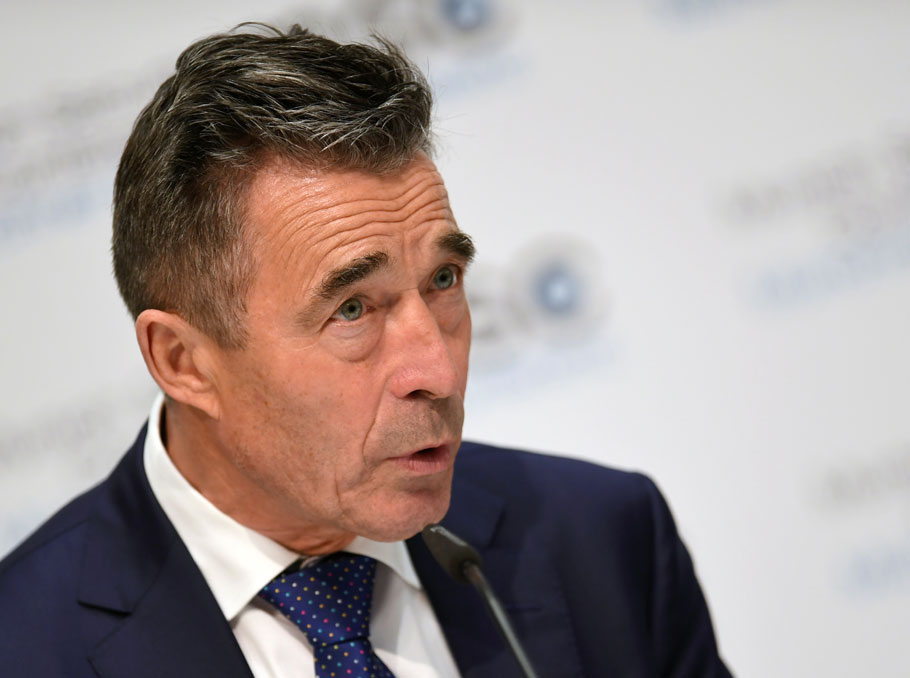 Anders Fogh Rasmussen
Anders Fogh Rasmussen Photo: REUTERS
For its part, the Azerbaijani regime (and its online trolls) have continued to downplay the effects of the blockade – or even its existence. Yet they also refuse to grant international observers access to assess the situation. The first priority for the international community, then, is to send a fact-finding mission to the corridor under the auspices of the United Nations or the Organization for Security and Cooperation in Europe. We must make clear that Azerbaijan’s president, Ilham Aliyev, will face consequences if he continues to flout the ICJ’s binding order.
The 2020 Nagorno-Karabakh War made clear that Azerbaijan has a significant military advantage over Armenia, owing to the weapons that it has bought from Russia, Turkey, and Israel. This fact was reiterated last September, when Azerbaijan took territory within Armenia itself – including strategic positions above the city of Jermuk – after just two days of renewed fighting.
Although Armenia is still a member of the Collective Security Treaty Organization, the regional alliance linking Russia with five nearby former Soviet states, no support was forthcoming when it requested assistance following this attack on its sovereign territory. It was left vulnerable and alone.
Making matters worse, Azerbaijan has kept its troops on Armenian territory and refused to return Armenian prisoners of war. With peace talks having stalled, there are clear warning signs that Azerbaijan believes it can achieve more through military means than through peaceful negotiations. A renewed offensive against Armenia in the coming months cannot be ruled out.
With Armenia’s traditional security provider, Russia, unable or unwilling to help, the European Union must play a greater role to preserve peace and stability in the region. Both European Council President Charles Michel and French President Emmanuel Macron have recognized this and devoted significant political capital to the issue. Following the renewed outbreak of hostilities in September, the EU dispatched a civilian mission to Armenia to monitor the border with Azerbaijan.
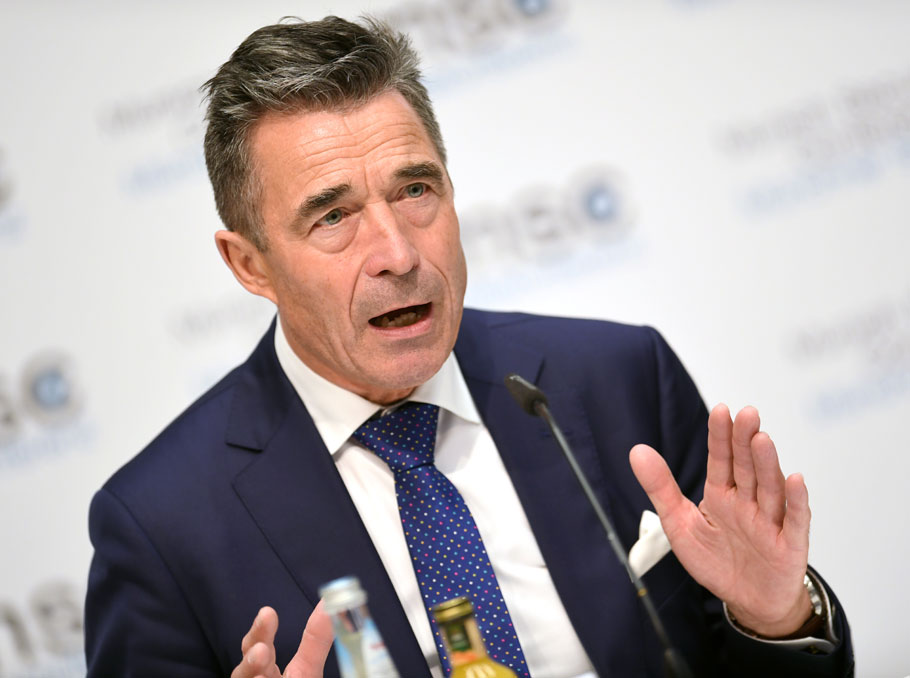 Anders Fogh Rasmussen
Anders Fogh Rasmussen Photo: REUTERS
But much more still needs to be done. The EU mission, which is currently deployed only on Armenian territory, should be rapidly scaled up to monitor the full length of the Armenia-Azerbaijan border. European leaders need to press Aliyev’s government to allow EU personnel on to Azerbaijani territory. Of course, an unarmed EU mission would not be able to stop hostilities; but scaling up its presence would put further pressure on Azerbaijan to choose negotiation over military confrontation.
Over the last year, the EU has built increasingly close economic ties with Azerbaijan, owing to its rapid shift away from Russian gas and oil. But EU leaders need to be clear with Aliyev that he will not be allowed to act with impunity, and that Europe’s short-term commercial interests will not outweigh its values or its long-term interests in maintaining peace and stability in the South Caucasus. If Azerbaijan continues to flout its international commitments and legally binding court orders from the ICJ, it must face political and economic consequences.
Armenia is an emerging democracy in an immensely challenging neighborhood. With Russia’s influence waning, Europe must play a bigger role in the region. This is not a form of charity. Acting now to prevent another significant conflict – or even ethnic cleansing – in our backyard is in everyone’s interest.
Copyright: Project Syndicate, 2023.
















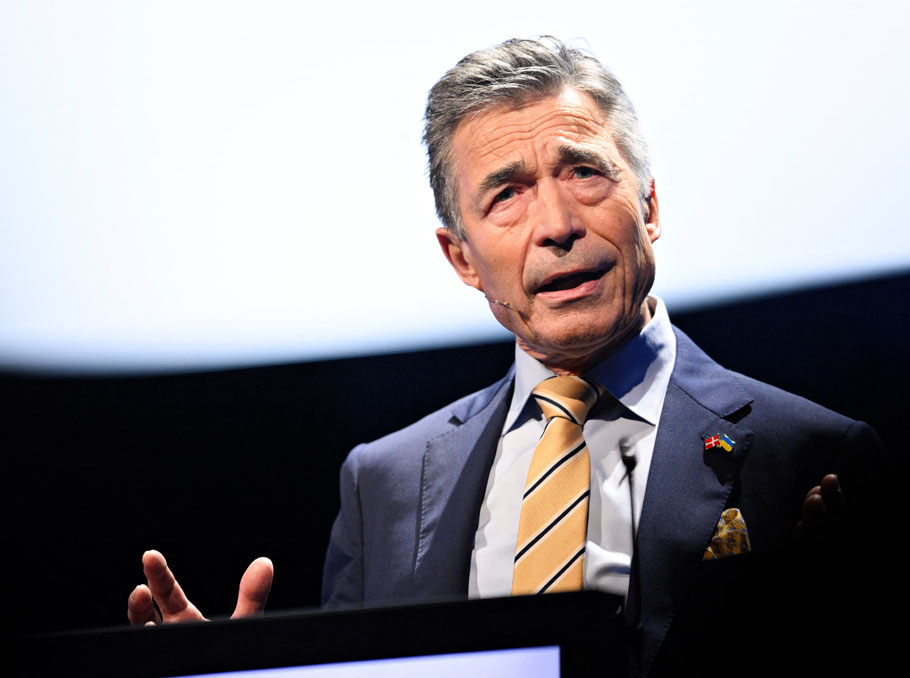


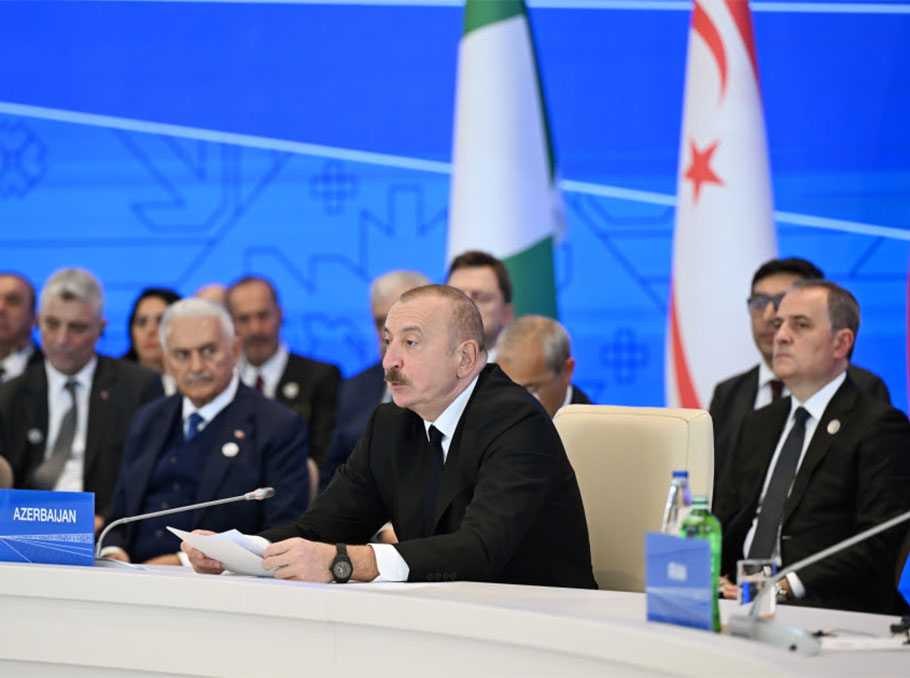
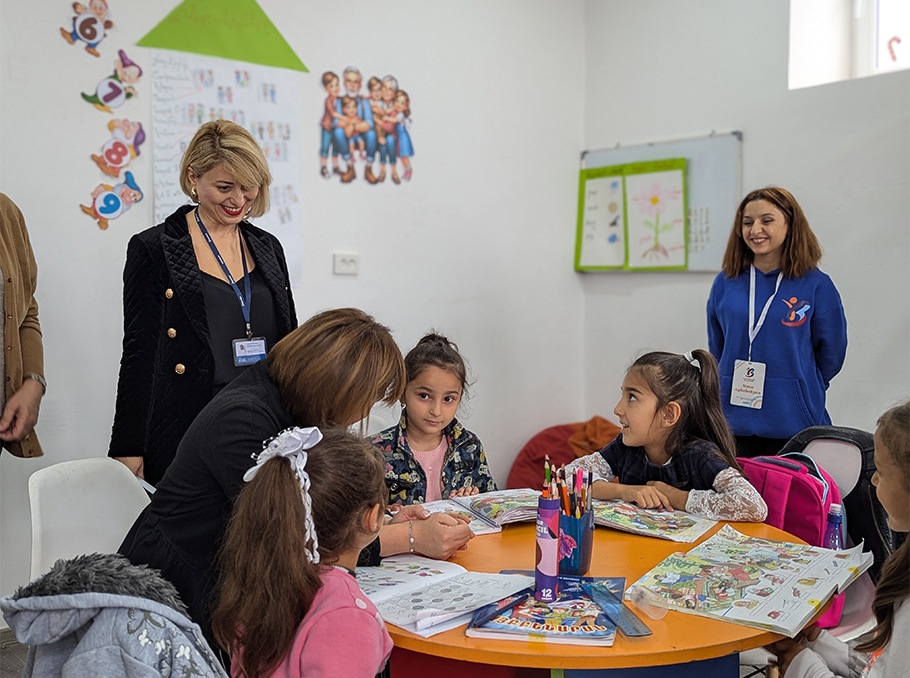






Comments
Dear visitors, You can place your opinion on the material using your Facebook account. Please, be polite and follow our simple rules: you are not allowed to make off - topic comments, place advertisements, use abusive and filthy language. The editorial staff reserves the right to moderate and delete comments in case of breach of the rules.